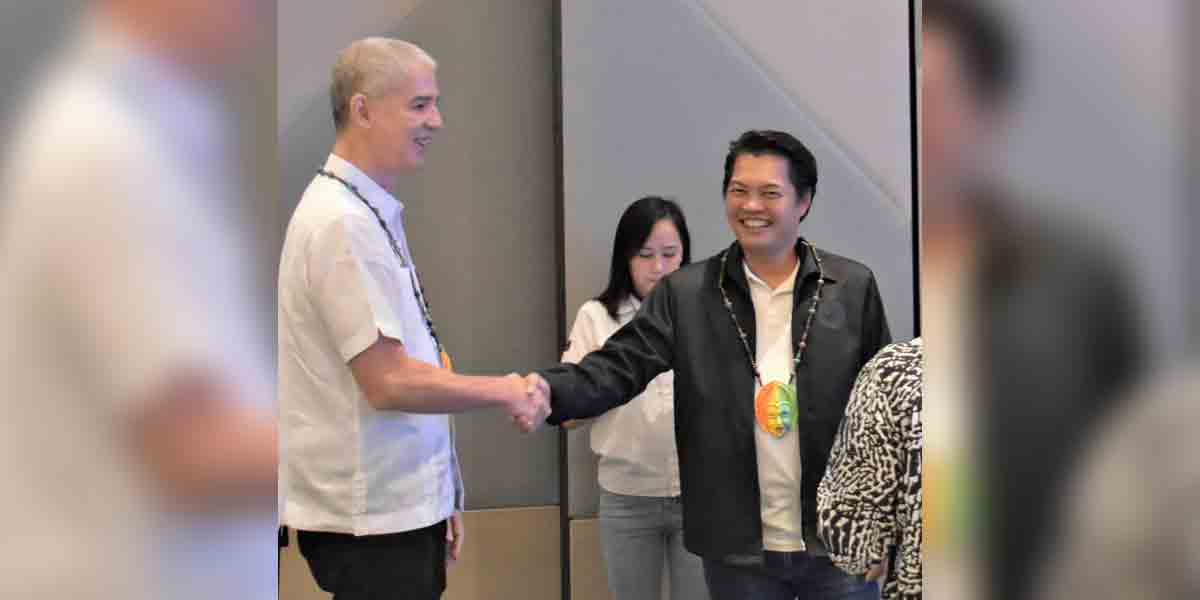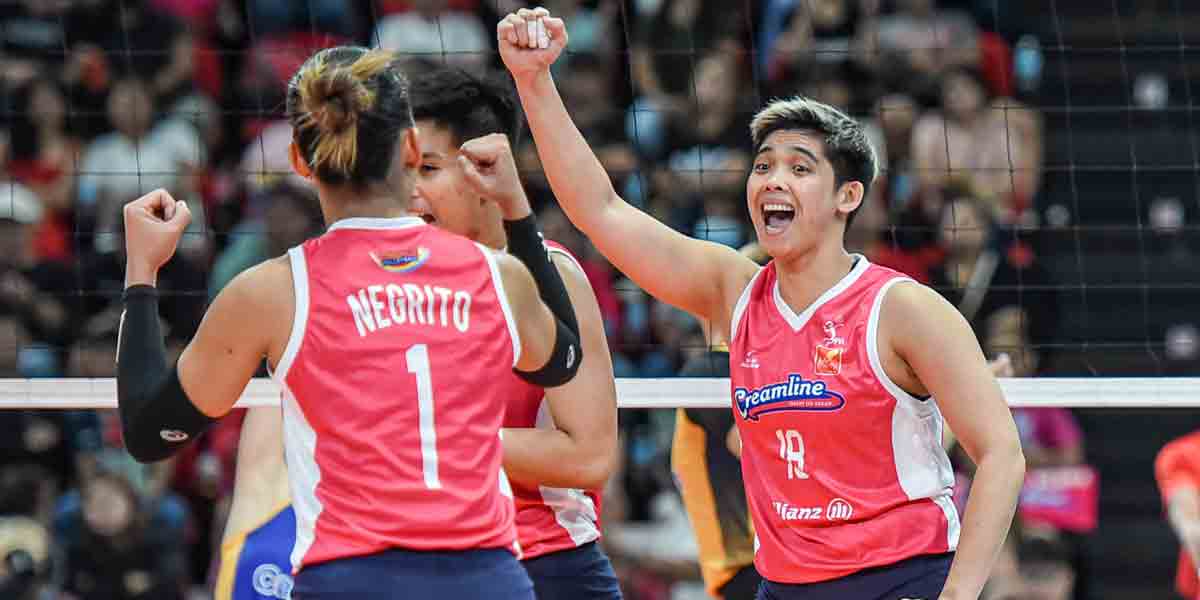By Herman M. Lagon
The essence of democracy lies in the competition of ideas, and nowhere is this more evident than during elections. In Iloilo City, recent developments in the political landscape between Rep. Julienne “Jamjam” Baronda and Executive Assistant Raisa Treñas have highlighted what happens when that competition diminishes. Initially expected to face off for the city’s top posts, Baronda and Treñas have reached a surprising alliance, leaving key positions uncontested. While this might ensure a peaceful election cycle, it raises important questions about the state of democracy in the city.
Elections without competition reduce the democratic process to a formality, offering voters little more than a rubber stamp for pre-arranged outcomes. The vibrant debate and clash of ideas, crucial for democratic growth, are replaced by a predetermined narrative. Elections turn into a one-horse race devoid of actual opposition, where voters are deprived of their ability to shape events. This lack of competition risks producing an echo chamber whereby only the loudest voices are heard, and alternative points of view are muffled.
In Iloilo City, this trend exemplifies the unopposed races for mayor and congress in 2025. With Mayor Jerry Treñas stepping aside due to health issues and former Mayor Jed Mabilog legally barred from running, the political landscape has shifted dramatically. Baronda, once a rival to Raisa Treñas, will retain her congressional seat while Treñas runs unopposed for mayor. Although beneficial for both camps, this agreement deprives the voters of the opportunity to evaluate several ideas for the city’s future. The democratic process is thus hollowed out, so reducing what ought to be an active public debate to a formality.
The “unholy” alliance between Baronda and Treñas may bring short-term political stability, but it comes at a cost. Without competition, there is little room for accountability. Leaders are less likely to be challenged on their policies, and voters have fewer reasons to engage in the democratic process. Voter turnout often plummets in such uncontested elections, as citizens see no point in participating when the outcome is already decided.
Political competition is not just a process; it is a catalyst for change. When candidates face opposition, they are forced to sharpen their platforms, propose fresh ideas, and engage in meaningful debates. This fosters a dynamic political environment where solutions to the city’s most pressing issues are thoroughly discussed and vetted. Without this competition, democracy stagnates, and progress slows.
Not only does Iloilo City suffer from a lack of competitiveness. Gov. Arthur Defensor Jr. also has no actual opposition in his re-election campaign in the province of Iloilo, a situation reflected in many municipalities around Western Visayas and the entire nation. These uncontested races represent a larger trend whereby political power is concentrated in the hands of a few, restricting the variety of opinions that might influence public policy. Although this might bring political peace, excluding other points of view compromises the democratic process.
Multiple candidates guarantee that many perspectives are heard in any vibrant democracy, empowering voters to select from many approaches and future visions. When all the candidates sing the same tune, voters are left with a hollow chorus instead of a lively discussion. This compromises the very core of democracy, in which challenge and choice should be the priority.
The lack of competition in elections also reduces these supposed democratic exercises to simple popularity contests, in which policy suffers second importance to personality. The competition becomes more about preserving the status quo than about promoting actual transformation. In the case of Iloilo City, the lack of competition could mean that, independent of whether the policies and initiatives started by the Treñas administration coincide with the public’s changing needs or just the interest of the few, they will remain unquestioned.
Although harmony between political camps would seem ideal, it is crucial to understand the possible long-term effects of such configurations. Elections lose their purpose as a public participation tool without actual competition. Rather, they become a rubber stamp for the status quo, where change is as rare as a blue moon. This risks fostering a situation where voter apathy rules, erasing the very basis of democratic involvement.
The fundamental principle of democracy is that people should choose leaders based on their platforms and ideas. However, this basic principle is undermined in elections devoid of rivalry. Voters start to be only observers in a political process that no longer reflects their voices. The people of Iloilo City must stay alert and demand more from their democratic institutions as we prepare for the 2025 elections.
Ultimately, the concentration of power erodes the very foundation of democracy, even if it brings short-term stability. True democratic strength lies in giving people the freedom to choose their leaders from a diverse pool, each offering distinct visions for progress. Democracy’s true power is not in simply maintaining order, but in fostering robust debate, encouraging innovation, and ensuring accountability. When competition is absent, these pillars of democracy crumble, leaving behind a system that stifles growth and silences the voices of the people it is meant to serve.
***
Doc H fondly describes himself as a “student of and for life” who, like many others, aspires to a life-giving and why-driven world grounded in social justice and the pursuit of happiness. His views do not necessarily reflect those of the institutions he is employed or connected with.




















